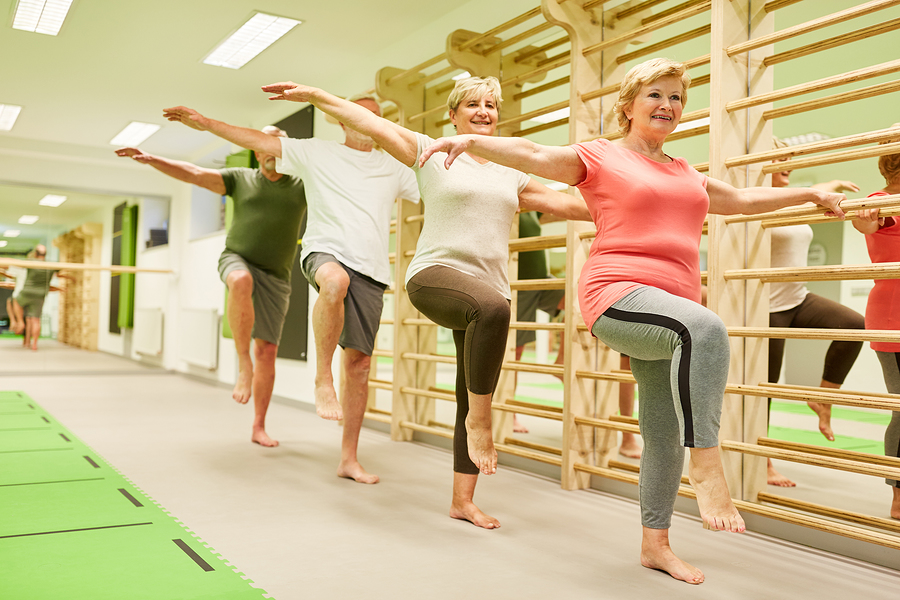The older seniors get, the higher their risk of falling becomes. The consequences of falling can be far more serious than many people realize. Seniors and family caregivers can take some significant steps to reduce fall risk, however, especially by implementing an exercise plan and getting a little bit of help. Home care assistance can ensure that seniors remember to exercise as often as necessary and that seniors are safe in general.
Why Is Fall Prevention Important?
Focusing on fall prevention is absolutely vital for seniors as they age. Falls can lead to not only physical issues but also psychological ones. Falls can result in broken bones, brain injuries, loss of confidence, fear, and overall reduced quality of life. Seniors who want to maintain their independence can do so most effectively by reducing fall risk as much as possible. Seniors should talk to their doctors about what exercises are okay for them to start out trying.
Balance Exercises
Balance exercises are a great place to start with fall prevention. Focusing on improving balance and coordination also helps to improve posture. Some of the exercises to try include walking, yoga, and even gentle stretching. The exercises don’t have to be complicated in order to help seniors make improvements that benefit them.
Strength Training Exercises
Seniors tend to lose muscle tone as they age. Strength training exercises help to slow down muscle loss and can even help seniors to regain muscle. Bodyweight exercises are some of the easiest strength training exercises and seniors don’t need any additional equipment to do them. Resistance band exercises and small dumbbells are also good options.
Flexibility Exercises
Flexibility is another crucial part of avoiding a fall and seniors tend to lose flexibility as they age. Stretching exercises, like Pilates and yoga, are excellent for improving flexibility. They also help with balance, which can be important for seniors who want to maximize their exercise time. Flexibility exercises help to improve range of motion as well.
Cardio Exercises
As seniors improve their stamina and ability to exercise, they might want to start including options like cardio. Cardio exercises help to boost heart health, endurance, and overall strength. These are exercises like swimming, cycling, or brisk walking. Improving overall fitness helps to reduce fall risk while improving quality of life.
Exercises Related to Falling Safely
Another type of exercise that seniors might want to consider with a lot of support is exercises designed to help them fall safely. It’s best for seniors to do these types of exercises with lots of help to ensure they don’t get hurt. Home care providers and medical professionals can be a huge help with these types of activities because their goal is to keep seniors as safe as they can.
Having support and companionship from home care assistance can also be a huge win for seniors as they learn how to reduce their fall risks. Staying as safe as possible is a big goal for seniors to have, but it’s one that is achievable, particularly if seniors are focusing on building strength, balance, and flexibility through a personalized exercise plan.
If you or an aging loved one is considering home care assistance in Chandler, AZ, please call the caring staff at Golden Heart Senior Care of Scottsdale at (480) 284-7360. We are here to help!

